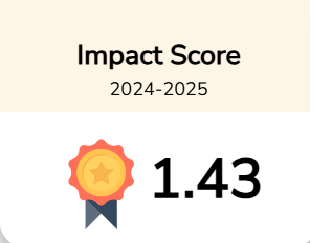Women's Vulnerabilities in Natural Disasters: A Study in Coastal Bangladesh
Downloads
Purpose: Bangladesh is widely acknowledged as one of the most disaster-prone countries in the world. In the coastal zone, women are more vulnerable to natural disasters. The study aims to explore the multifaceted vulnerabilities faced by women during and after natural disasters in the coastal area of Bangladesh.
Design/methodology/approach: A mixed approach was employed in this study, where primary data were collected for the survey from a total of 150 respondents via face-to-face interviews based on purposive sampling. Moreover, 10 in-depth interviews were conducted using semi-structured interview schedules to gain a deeper understanding of the phenomena under study.
Findings: The study found that women face numerous challenges during and after disasters, including inadequate shelter facilities, insufficient sanitation, lack of privacy, sexual harassment, health risks, and barriers to menstrual hygiene management. The study also found that pregnant women faced severe hardships in accessing healthcare. Additionally, disasters contribute to increased school dropouts, early marriages, domestic violence, psychological distress, and economic insecurity.
Conclusion: The study suggests that gender-sensitive disaster management policies are urgently required to address these vulnerabilities and enhance women's resilience in disaster-prone coastal areas.




